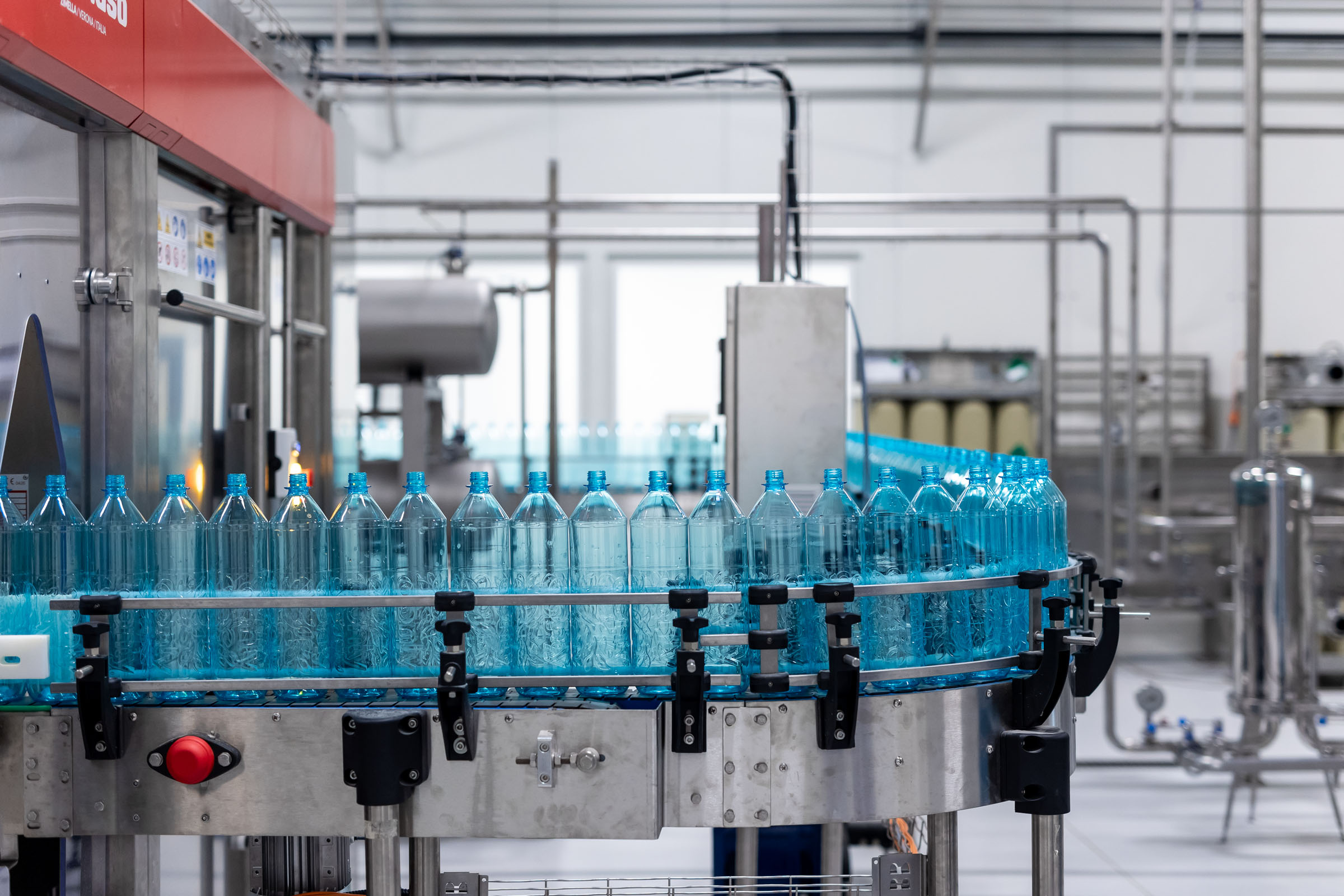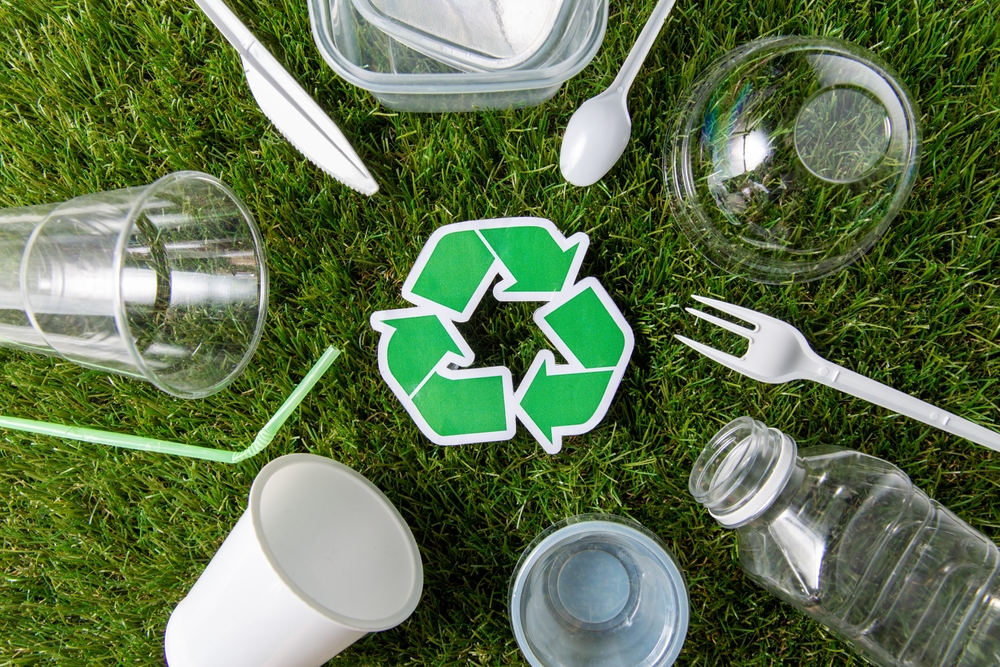German Giants Ready to Jump Start Post-COVID Catch-up

Due to the impact of COVID-19, Hungary’s economic engine did not so much splutter as come to an abrupt halt. Factories are now cautiously relaunching operations, faced with social distancing challenges and a lukewarm output forecast. The Budapest Business Journal discusses the situation with the three biggest German automakers in the country: Daimler AG (Mercedes-Benz), Audi Hungaria and BMW.
As the Hungarian capital has relaxed its lockdown measures, people are returning to life and a (new) normal, and the economy is restarting, albeit slowly. This silver lining, however, remains thin, overshadowed by the uncertain impacts of economic (when, and how much?) and jobless rates forecast to hit pre-depression levels, globally.
German automotive giant Daimler suspended production at its Kecskemét plant on March 20, and peer Audi Hungaria shuttered doors on March 23. BMW told a press conference it would postpone the opening of its plant in Debrecen by a year, although Minister of Foreign Affairs and Trade Péter Szijjártó was quick to reassure readers of his Facebook page that the giant “remains committed” to its planned plant.
Although both Mercedes-Benz (Daimler) and Audi relaunched operations late April, both have done so cautiously.
Mercedes-Benz’s plant in Kecskemét plays a vital role in the Hungarian automotive industry, being one of the largest players of the national economy. In 2019, the factory rolled out 190,000 compact cars, built by more than 4,400 employees (making it one of the largest employers in our region.
The German parent company has praised Hungary’s “excellent trained workforce and geographical conditions” on numerous occasions, important factors for the giant in terms of logistics.
Daimler AG decided to pause operations in mid-March 2020 and has gradually resumed production from April 28; the parent company tagged the relaunch as “successful based on experience to date”.
“During the gradual start of production, the work is carried out first in a one-shift schedule and then, from the end of May, in a two-shift schedule. The goal is for the factory to return to the three-shift production schedule in the shortest possible time,” Daimler AG told the BBJ.
Strict Measures
“During the resumption of production, the company developed and implemented a variety of strict hygiene and health protection measures based on specific risk assessment and derived from the company’s worldwide standard approach, applying to all employees in order to protect them and prevent the spread of the coronavirus,” Daimler AG’s spokesperson added.
While Daimler AG continuously monitors COVID-19 developments so it can react to the changing situation and adjust our measures accordingly, it says the economic effects of the stall in production are not yet clear.
“In view of the current spread of COVID-19, the economic impact on Daimler in detail and via the timeline cannot yet be adequately determined or reliably quantified. From today’s perspective, a significant decline in global economic output must be anticipated for the year 2020 as a whole,” Daimler AG said.

Audi Hungaria, another key player in the local automotive arena, appears to following a similar uncharted track. Since its foundation 27 years ago, Audi Hungaria has invested more than EUR 11.5 billion in its Győr manufacturing site where two million engines and 160,000 cars are produced annually 130 km northwest of Budapest.
Audi has also been vocal about the favorable light in which it regards the Hungarian national economy’s framework, as well as the country’s geographical location, industrial traditions and highly-skilled workforce.
COVID-19 has infected Audi Hungaria’s impressive recent growth, too. “Due to the decreased orders caused by the coronavirus pandemic and the uncertainty in the supply chain, we had to suspend production temporarily. We have been gradually restarting production from April 10. At our company, we have transformed workstations according to strict health provisions to protect the health of our 12,800 colleagues,” an Audi spokesperson told the BBJ.
“At present, the company runs a one-shift production in both the engine and vehicle factories amidst strict regulations. The tool factory and the technical development work in full capacity again. In the following weeks, we are planning gradual production ramp-up in order to reach the level that we had before the pandemic,” the German giant added.
Long-term Investment
The BMW Group insisted when asked by the BBJ that it is aiming for a long-term investment in Hungary, considering Debrecen, “the ideal location at the heart of Europe”, which is an essential market for the group.
“Our professional relationship with the Hungarian government provides the foundation for solid cooperation,” BMW said. In the last years, the group says it has purchased materials and services worth more than EUR 1 billion annually in Hungary.
Yet, COVID-19 has brought BMW well-greased gears to a cranky slowdown (although work on the site in Győr continued). Mindful of its “unique responsibility” for the future of the company and its employees, with a special focus on its workforce’s health, BMW is gradually returning to its normal operation under coronavirus conditions.
“We have already implemented effective measures across the company to prevent infection and protect all our employees and their families. We are leveraging our global experience from the crisis at all locations around the world,” BMW said.
“With regards to production, the BMW Group is following a staggered approach to ramping up its production locations again. Over the coming weeks, plants worldwide are scheduled to join the component plants and the relaunched facilities in China by resuming series production,” BMW said. It added that it can give no “further information about the impact of COVID-19 at this time.”

SUPPORT THE BUDAPEST BUSINESS JOURNAL
Producing journalism that is worthy of the name is a costly business. For 27 years, the publishers, editors and reporters of the Budapest Business Journal have striven to bring you business news that works, information that you can trust, that is factual, accurate and presented without fear or favor.
Newspaper organizations across the globe have struggled to find a business model that allows them to continue to excel, without compromising their ability to perform. Most recently, some have experimented with the idea of involving their most important stakeholders, their readers.
We would like to offer that same opportunity to our readers. We would like to invite you to help us deliver the quality business journalism you require. Hit our Support the BBJ button and you can choose the how much and how often you send us your contributions.









